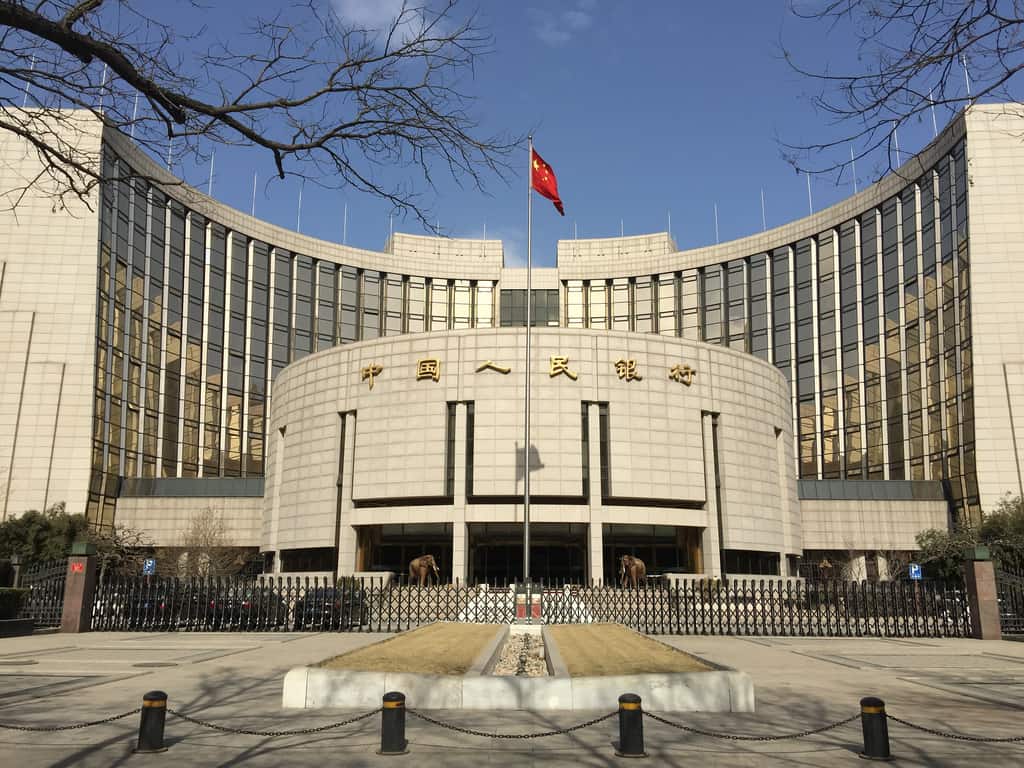A new report from a leading Chinese ratings agency says that the country’s ongoing deleveraging campaign has hit the private sector hardest, leading to a spate of bond defaults since the start of 2018.
During the first five months of 2018 a total of 133 companies have defaulted on around 20 bonds with a collective worth of around 14.8 billion (USD$2.3 billion), for a sizeable rise compared to the same period last year.
Zhou Hao, president of China Chengxin International Credit Rating, said to the South China Morning Post that six out of the seven Chinese companies that saw their first onshore bond default during the period were privately owned.
“It is the private firms that are mainly affected in this round of the deleveraging campaign,” said Zhou, who foresees cash flow problems for a greater number of private companies in the second half of 2018.
China Chengxin figures indicate that Chinese private companies used 260 billion yuan out of 275.4 billion yuan in bond sales from the January-May period to repay debts, for a comparatively meagre net financing sum.
In sharp contrast data from the People’s Bank of China indicates that total net financing from corporate bond sales for both the private and public sector across the January-April period was 915.9 billion yuan.
While the deleveraging campaign has triggered a spate of bond defaults amongst China’s private companies, state-owned enterprises have remained relatively unscathed in 2018, with the exception of some in the north-eastern rust belt province of Liaoning.
Observers say the Chinese government should instead be focusing its deleveraging campaign on state-owned enterprises and local government, while allowing modest increases in the leverage of private companies.
While the Ministry of Finance puts local government debt at 16.6 trillion yuan, Yan Yan, chairman of CCXI International, says the real figure could be as high as 50 trillion yuan when liabilities from financing vehicles, public-private partnership projects and supplementary lending via policy banks are added together.
Yan further points out that deleveraging should be conducted in a measured and prudent manner to avoid exacerbating risk.
“The authorities must exercise caution in their efforts to reduce risk,” said Yan. “The actual leverage could increase if it weighed on the economy.”
Related stories
More Bond Defaults Expected as Chinese Banks Withdraw Support for Corporate Debt
Deleveraging Campaign the Culprit Behind China’s Latest Wave of Bond Defaults



